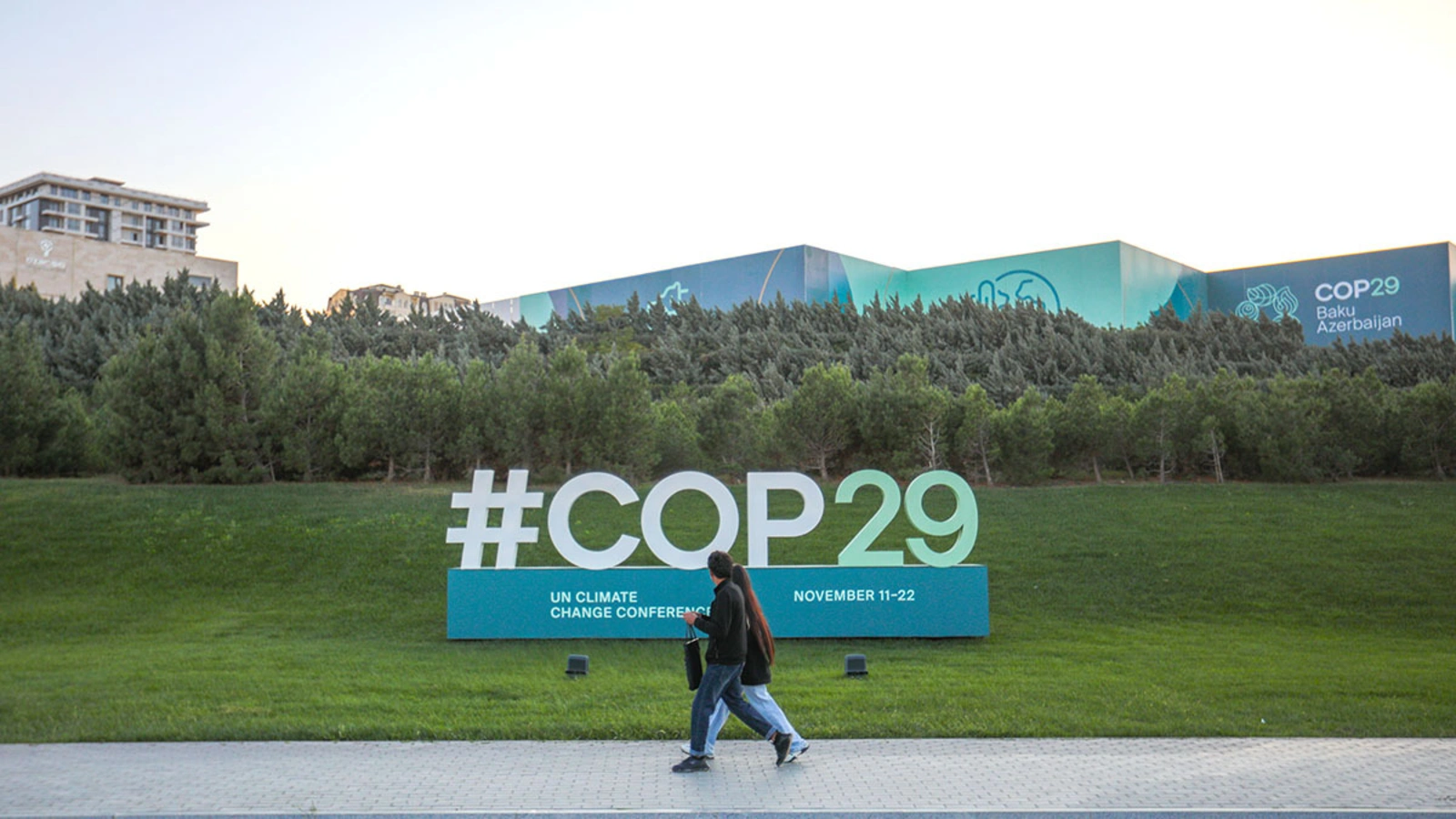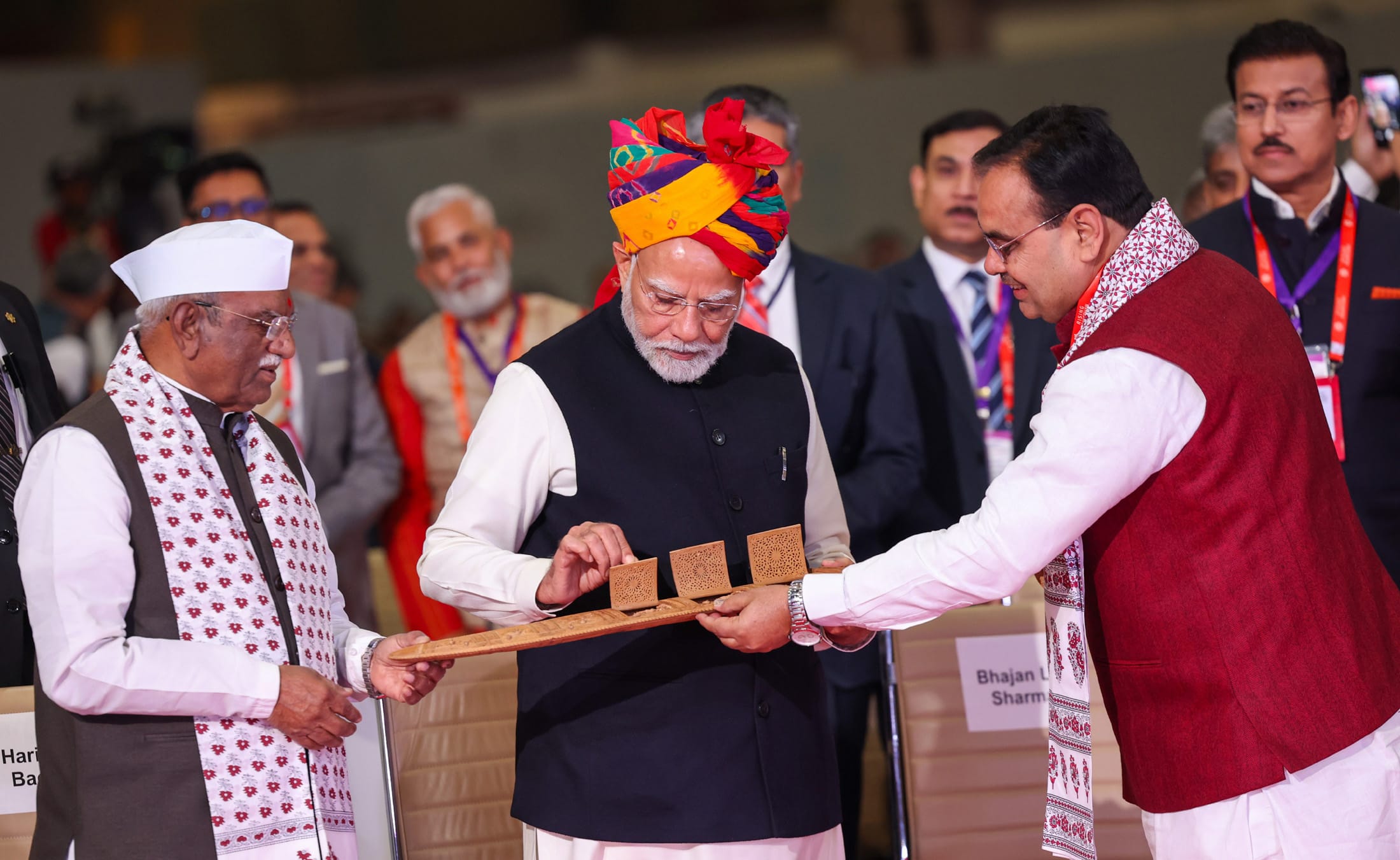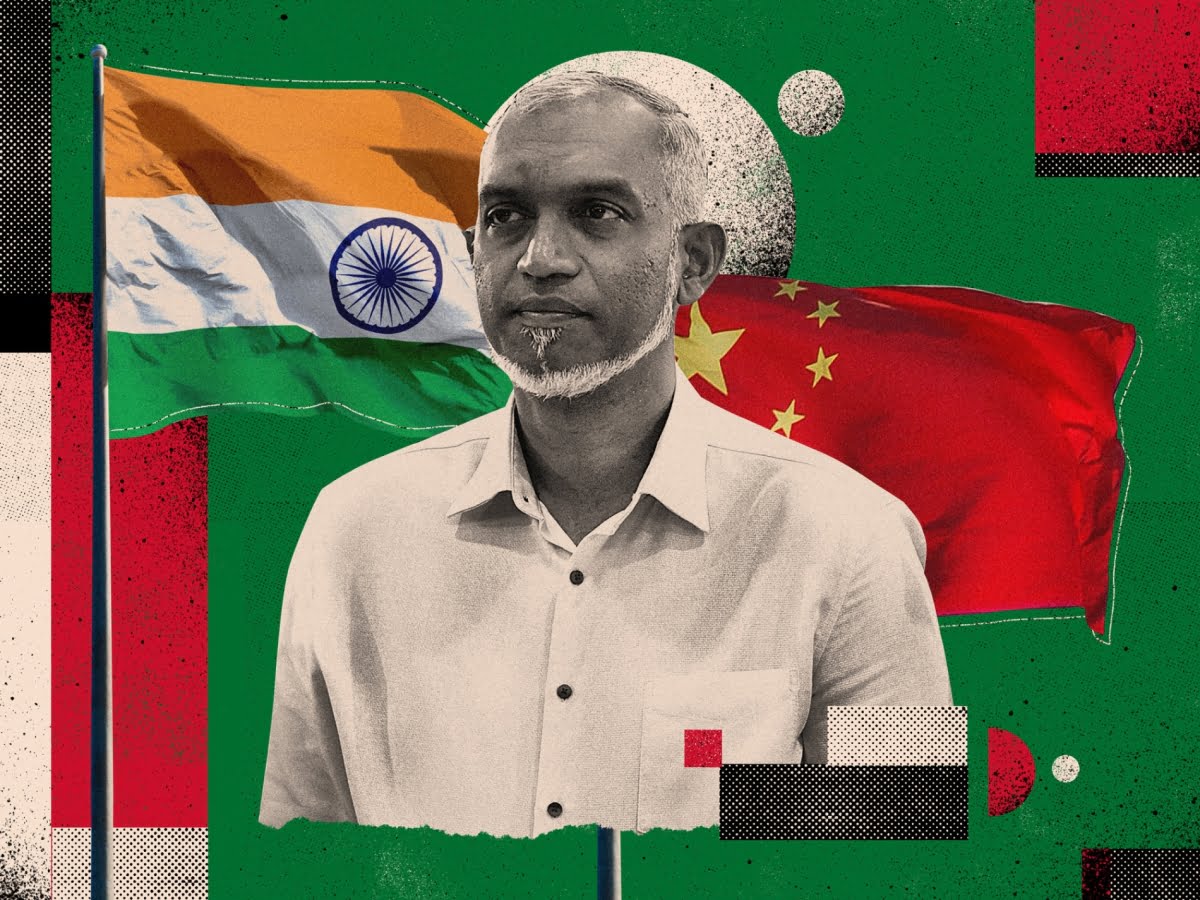The multilateral UN Framework on Climate Change, which was established to address climate change, once again revealed disappointing results from the pledges made by developed countries at its COP29 climate financing summit in Baku, Azerbaijan. The unsettling start from the Azerbaijani president’s stirring statement that fossil fuels are a “gift from God” kicked off the meeting drawing disparagement from figures such as Greta Thunberg who referred Azerbaijan as “an authoritarian petro-state”. In a similar vein, this year’s contentious and disheartening reactions put a stop to the constructive approach to climate cooperation. For example, Argentina withdrew from the delegation, citing a reassessment of its international climate commitments, and Africa received only 2% of global investment in renewable energy, despite having 54 countries.
The resolutions adopted during this delegation were different from those of the previous Dubai presidency, which promoted a move away from fossil fuels and steps to increase the production of renewable energy and achieve efficiency. The Azerbaijani presidency was unable to set any lofty goals for climate preservation. Furthermore, the conference focused on the industrialised countries’ appalling performance on their national reduction targets, which was exacerbated by their lack of significant efforts and will to meet previous targets.
The historic responsibility of the developed world towards the developing world for damages and losses incurred due to climate-related disasters was little enthusiastic to finance and bear the cost. The conference’s conclusion placed the developing world in a bind about climate finance, giving them a last-minute choice to “take it or leave it.” Although the summit saved multilateralism by increasing annual collective funding to $300 billion, yet there was no firm commitment made.
All the views and opinions expressed are those of the author. Image Credit – CFR.
About the Author

Radhika Moondra is pursuing PhD in Political Science at the University of Rajasthan. She completed both Master’s degree and Bachelor’s degree in Political Science from the University of Delhi. Her research focus lies on “The Politics of Climate Refugees in South Asia: Addressing it through a Regional Framework.”



